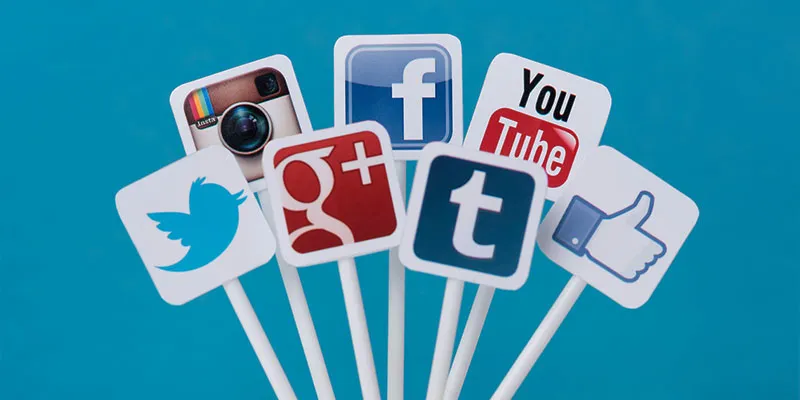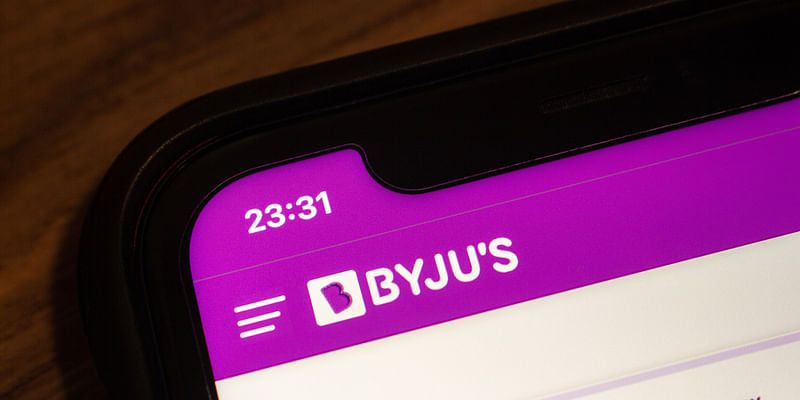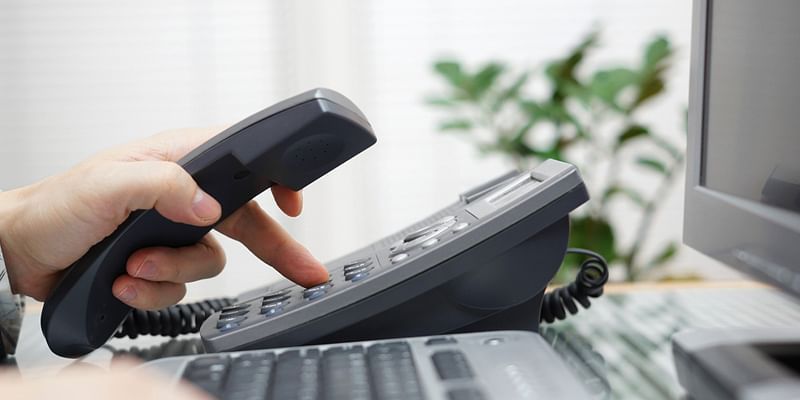4 rules for creating a powerful personal brand
Today's people no longer trust faceless corporations. Empowered by the omnipresence of social media, they actively seek human connections in every aspect of their lives. They determine the credibility and trustworthiness of a brand by looking at the person(s) behind it. The human aspect of business has become key for succeeding in today's increasingly competitive world. Personal branding, therefore, is essential for entrepreneurs and founders.

Image : shutterstock
A personal brand showcases your values, what you do and don't stand for; the skill-set and knowledge you possess that sets you apart in a sea of averages. A properly constructed personal brand augments both yours and your brand's image in the eye of the public. It has become an unavoidable part of an entrepreneur's, and almost every working professional's, life. If you haven't already started building your own personal brand, it's high time that you did. And here are four rules to help you with the process.
Be genuine
The one thing that matters most for any brand is credibility, and this holds true for individuals as well. The best way for individuals to build credibility is by being honest and authentic in everything they say. Your attitude and communication should reflect your values and ethics. Never try to make a splash by pretending to be someone you're not; that never works and it only results in you coming across as disingenuous. Credibility is difficult to develop and far too easy to destroy. And one thing you should remember is that the internet never forgets. So, don't jump on every bandwagon and get involved in every new controversy with your own two cents unless you really have something to say. You never know when your words will come back to haunt you.
Engage with others
Networking is an important part of building a personal brand. You need to build awareness among people, both online and offline. Engaging with people online is straightforward – liking and sharing posts (from individuals and brands) and replying to personal messages and tweets is a good way to go about it. Additionally, you should strive to build a strong offline community by attending conferences and networking events. Try getting on the stage and speaking at some of these events. This establishes you as an expert in your industry and can also help you get some media coverage, which is useful for bolstering your digital presence.
Master the social media game
This one is fairly obvious but it needs a mention nonetheless. Social media is the platform that allows you to connect with a huge audience but only if you know how to use it effectively. Learning what works on which social media site is essential for a person to gain traction. Humour, for example, is one of the most powerful tools you can utilise to increase your popularity. But while it may work wonders on Twitter and Facebook, it will be out of place on a business-oriented site like LinkedIn. Depending on your niche, you should establish a strong presence on the site most appropriate for you. Photographers, for example should leverage Instagram's visual content appeal while business leaders should focus their efforts on LinkedIn.
Share your expertise
One of the main objectives of personal branding is to establish yourself as an expert or thought leader in your field of work. You can do this by sharing your knowledge and expertise in your niche with your online audience. Writing informative articles is one of the best ways to go about this. If you don't have your own blog or website (you really should), you can always post articles on sites like Medium and LinkedIn which eliminates the need to promote your content to a large extent. Guest posting on popular websites and blogs is another way to showcase yourself as an industry leader. Once people start seeking your advice or refer to your shared knowledge to make their own decisions, you know that your personal branding efforts have paid off.
A strong personal brand renders unnecessary any arduous marketing and advertising efforts that one usually employs to spread awareness about their work. Of course, personal branding is itself a fairly exhausting endeavour, but it's far more interesting and enjoyable than any other form of marketing.











